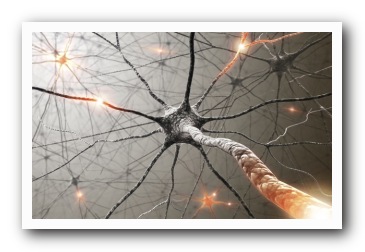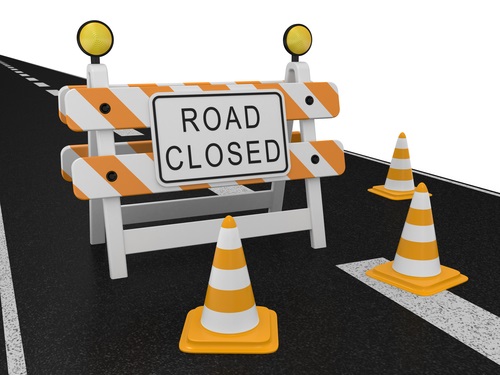How brain plasticity makes stroke or TBI recovery possible, even years after injury.
 At one point scientists believed the brain stopped growing new neural pathways as we grew older. While certainly the first years of childhood are developmentally dynamic, the latest research shows you can grow new pathways at any point in your life. If your brain has been injured by stroke or trauma, utilizing your brain's capacity for neuroplasticity through some basic, mindful exercises can compensate for injury and respond to new situations.
At one point scientists believed the brain stopped growing new neural pathways as we grew older. While certainly the first years of childhood are developmentally dynamic, the latest research shows you can grow new pathways at any point in your life. If your brain has been injured by stroke or trauma, utilizing your brain's capacity for neuroplasticity through some basic, mindful exercises can compensate for injury and respond to new situations.
What is Neuroplasticity (brain-plasticity)?
 In, his book Neuroplasticity, neurobiologist Moheb Costandi describes how London cabbies increase their gray mater (literally, their brains) after rigorous training in their city’s complicated streets. That's harder than it may sound. Cabbies have to memorize all the streets from a city that is over 2,000 years old. He also describes how the brain compensates after stroke or TBI.
In, his book Neuroplasticity, neurobiologist Moheb Costandi describes how London cabbies increase their gray mater (literally, their brains) after rigorous training in their city’s complicated streets. That's harder than it may sound. Cabbies have to memorize all the streets from a city that is over 2,000 years old. He also describes how the brain compensates after stroke or TBI.
It's your brain's ability to reorganize itself by forming new neural connections to compensate for injury due to stroke, TBI, etc. But that's a bit abstract, so here's an analogy that people I've helped have found helpful over the last 20 years.
 Neural pathways are roads for your brain signals
Neural pathways are roads for your brain signals
Your brain is like a city, with roads connecting all the little areas. We'll call it Brainville. Those roads are analogous to the neural pathways in your brain. Your brain sends neural signals along these pathways. A very oversimplified example would be: if you are trying to say the word for a picture of an apple, your brain sends neural signals from the visual cortex (which sees the apple) to the Broca's area (which is involved in producing speech to say apple). The actual neurology is more complex than this, but you get the idea.
That’s an analagous to cars driving in our little imaginary city, Brainville (population: 1 Billion Neurons). The cars are like neural signals traveling along neural roads from one part of of the city to another.
When you have a brain injury, it’s like part of the road system in Brainville has been damaged and the road (neural pathway) is closed.
Now you can’t get from home to the library because the route you normally take is damaged. Or your brain can't access the word for library. Or car. Or road, eat, or I love you.

But, just as you’d do on a real road, you can take a detour to get around the damaged streets in Brainville.
 The trick is that you have to learn the detour path. That’s what rehab is: teaching your brain the new path. Literally building a new path in your brain.
The trick is that you have to learn the detour path. That’s what rehab is: teaching your brain the new path. Literally building a new path in your brain.
Maximize speech-language recovery
- Identify your survivor's speech-language deficits
 Free Exercises from speech-therapists to improve those deficits
Free Exercises from speech-therapists to improve those deficits- Where to get speech therapy for $2 a session
- All this an more in your Speech-Language Course
Free Speech-Language Treatment Course
Every day is an opportunity for recovery. Don't miss a single day. I'll provide you the tools & knowledge for faster speech & language recovery
- How brain plasticity makes recovery possible even years later.
- Why just-work-harder is a recipe for failure
- The 4 types of Speech-Language Skills,
and how to assess which are affected. - Printable worksheets for home practice
Clay Nichols
Co-founder of MoreSpeech and Bungalow Software that both provide Speech & Language Software
 For 3 decades, Clay has helped patients, caregivers and speech pathologists with speech & language software. He shares the tips & tricks he's picked up along the way.
For 3 decades, Clay has helped patients, caregivers and speech pathologists with speech & language software. He shares the tips & tricks he's picked up along the way.
Clay is not a speech pathologist.
But he consults with the speech pathologists he works with (and has them review the blog articles). You should consult your speech therapist regarding any tips you read anywhere, including the Rehab Resources.
© 2025 Bungalow Software